Mike owns a financial advisory firm. He helps people save for life’s big events like college and retirement and knows each one of his clients personally. His team consists of 15 employees with a range of responsibilities, from providing investment advice to making trades and other administrative activities. As a result, Mike's company collects some really important personal information like social security numbers, bank account numbers, balances and transaction instructions.
Mike’s business isn't on an island, as he is part of a national organization, a larger brand that he fits underneath. The national organization runs his email and provides him with the IT system to track customer transactions and generate monthly, quarterly and annual statements.
Mike counts on the national firm to protect his customers’ information, and they do a great job. However, Mike understands that in his office, he is responsible. He buys the computers, printers, fax machines and telephones.
As his business has grown over the past decade, he has hired more people, and bought the necessary equipment to keep the office running.
![[Download eBook] Why the Cyber Security Market is Broken](https://no-cache.hubspot.com/cta/default/2571443/25d16aa0-85c2-4547-ac43-d0c5a9cc59e1.png)
A few weeks ago Mike's voice over IP-based phone system failed, and the company that sold it to him provided sub-par service. His employees were without phones for a week.
Mike’s business does not have a dedicated IT department. As the owner, fixing this problem fell completely on his shoulders.
As he attempted to clean up the IT mess, he realized that his company had become too large for him to be the only IT resource... and he was reminded just how important technology had become to his day-to-day operations.
Mike retained the services of an IT consulting firm. They did a good job correcting the problem and re-architecting his network. He is really happy that someone else can support the technology in his office.
You may wonder, what does Mike's story have to do with Dark Cubed?
Here you go:
Mike represents a real customer that has been evaluating the Dark Cubed Platform. He mentioned Dark Cubed to his IT consulting firm. In response, they shared their thoughts:
“You have a firewall, your customers’ data is stored in the cloud, you have nothing to worry about.”
A firewall is important. It provides an essential layer of protection against attacks through signatures or rules to bock and allow traffic. However, it offers no protection against many of the types of attacks that could cause Mike's business to go out of business overnight.
I asked Mike a few questions:
- How often do your employees plug USB drives into their computers?
- How often do they store a backup copy of customer data on their hard drive?
- How often do they bring their personal laptops into your office and connect to your network?
- How often do they browse to sites on the Internet and download information, or watch video?
This is the real world. Mike runs a real business, and he answered, “all the time,” to each question.
These normal, everyday activities introduce risk that a firewall does not and can not control..
The reality is, there are hundreds of ways your network can be compromised, and most small to mid-sized companies cannot afford to defend against all possible threats. You need a platform that monitors traffic in real time, and can identify and block threats on your network.




